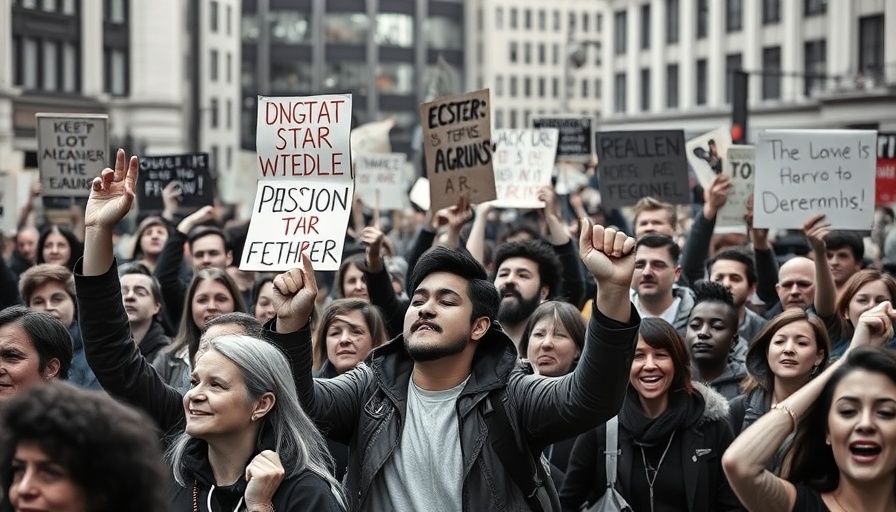
Rethinking Nigeria's Police Reform: Can Blockchain Offer a Solution?
In Nigeria, the quest for police reform has been marked by persistent failures, yet there seems to be a glimmer of hope on the horizon. Blockchain technology, renowned for its transparency and immutability, could revolutionize the way evidence is handled in incidents of police brutality. The legacy of the tragic events on October 20, 2020, during the #EndSARS protests remains fresh in the minds of many, underscoring the importance of reliable evidence in ensuring accountability.
From Protests to Innovation: The Birth of Padi Protocol
Following the harrowing events at Lekki Tollgate, where military forces opened fire on peaceful protesters, Daniel Tambee recognized the urgent need for a system to secure evidence that could not be manipulated or destroyed by authorities. Thus, he founded Padi Protocol, a blockchain-based platform designed to safeguard video recordings and testimonies. Tambee's innovation aims to create a secure repository for evidence that empowers citizens and protects human rights, particularly in an environment plagued by police misconduct.
The Challenges of Police Accountability in Nigeria
Despite the #EndSARS movement rallying millions of Nigerians to demand change, reports indicate that police harassment remains a daily reality. According to the Nigeria Police Force, over 2,000 complaints against officers were filed within a single year. Furthermore, organizations like the Foundation for Investigative Journalism highlight alarming statistics—approximately 83,802 human rights violations from January to August 2024 alone. Such figures illustrate the dire need for systemic transformation in how evidence is gathered and processed, not just within a digital realm but into the very fabric of policing practices.
Why Blockchain?
By utilizing blockchain technology, activists and developers like Tambee envision a future where evidence cannot be tampered with, deleted, or altered. This is particularly crucial in a country where governmental narratives often clash with reality. The immutable nature of blockchain could fortify the integrity of documentation, providing irrefutable proof of police actions during protests and other interactions.
Looking Ahead: The Future of Policing in Nigeria
As technology evolves, so too must the tools available to combat abuses of power. Blockchain could pave the way not only for a more transparent evidence collation process but could also inspire changes in policy and practices. As Tambee aptly questions, what if critical information, such as footage of police violence, was stored securely, ensuring accountability?
In conclusion, the integration of blockchain into policing might represent a transformative shift in Nigeria's fight against police brutality. Embracing technology in its fight for justice could be the pathway to restoring trust in law enforcement and promoting human rights in the long run.
 Add Row
Add Row  Add
Add 




Write A Comment